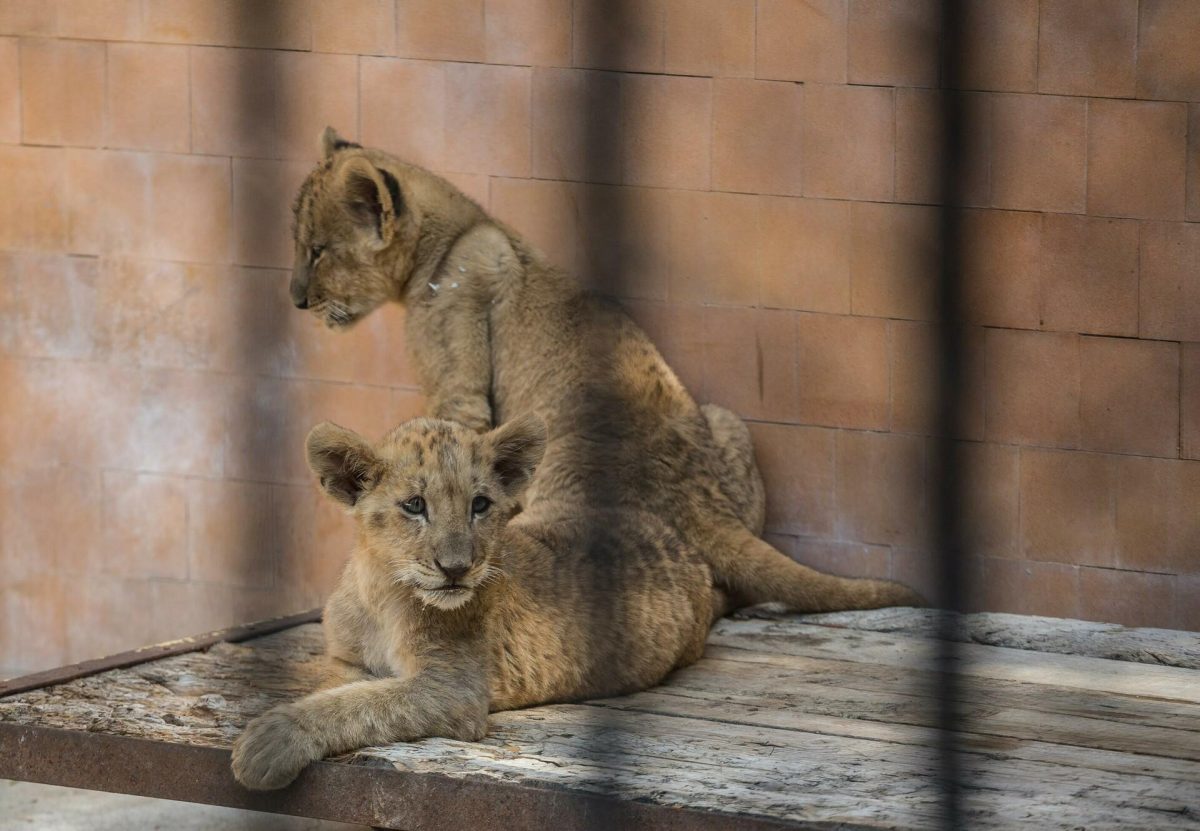For centuries, zoos have been a popular destination for families and tourists, offering a place to see many unique species of animals up close. However, the ethical implications of keeping animals in captivity have been under careful observation. Here are several reasons why zoos are considered unethical.
Primarily, zoos often fail to provide comfortable living conditions for the animals. Many animals in zoos are confined to small enclosures that do not imitate their natural habitats. This small space can lead to physical and physiological problems, such as obesity and depression. In their natural habitats, animals have large areas to wander and advanced social systems, which are almost impossible to replicate in zoos.
Secondly, the breeding programs in zoos frequently face criticism. While zoos declare that breeding programs aid in conserving endangered species, the truth is that many animals bred in captivity will never be released into the wild. Instead, they are kept in zoos for the rest of their lives or sold to other zoos and private collectors. This practice issues ethical concerns about the genuine motives behind these breeding programs.
Furthermore, the capture and transport of wild animals to zoos can be very traumatic and harmful. Many animals do not survive the journey, and those that do are often taken from their families. This separation can cause significant distress on the animals. Additionally, the need for animals in zoos can lead to illegal wildlife trade, harming species in the wild even more.
Lastly, zoos often prioritize entertainment of guests over education and conservation. While some zoos do engage in genuine conservation efforts, many focus on attracting visitors through tricks and shows. This approach weakens the education aspect of zoos and offers up the idea that animals exist for human entertainment.
In conclusion, while zoos may offer some educational and conservation benefits, the ethical concerns around the treatment of animals in captivity can not be ignored. The confinement, breeding programs, capture methods and focus on entertainment all contribute to the argument that zoos are unethical. It is a necessity to consider these issues and explore alternative ways to protect and appreciate wildlife, like supporting sanctuaries and conservation programs that focus on animal welfare and habitat preservation.
















